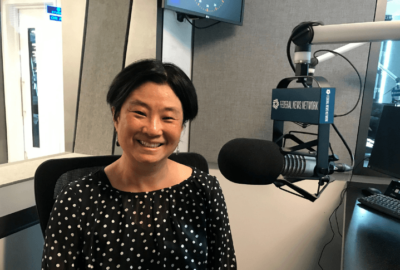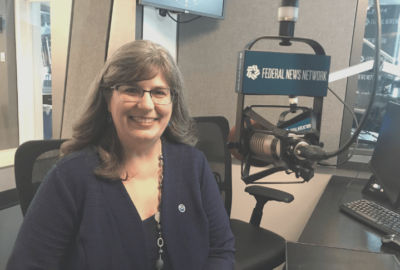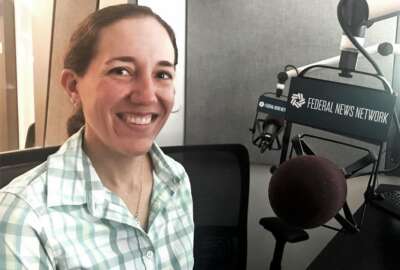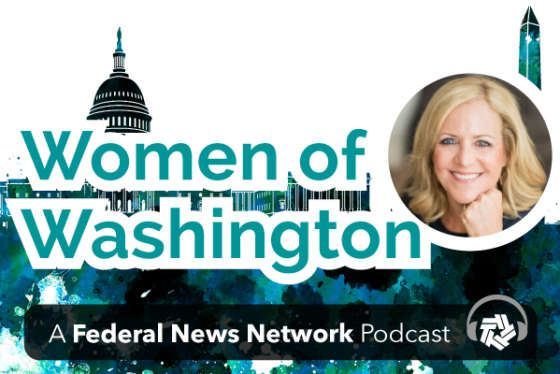‘Lack of women in technology starts in education’
Dr. Crystal Valentine, VP of MapR Technologies, talks to Women of Washington about how to encourage more women to pursue careers in technology. She also shares her...
“The lack of women in technology roles really starts in education,” said Crystal Valentine, vice president of technology strategy at MapR Technologies. “It starts at the time when students are starting to think about their careers, primarily at the college level when they start to declare majors.”
Women of Washington invited Valentine on the show to discuss how to get young women excited about technology and to share her personal experiences working in the field of computer science. Prior to working at MapR, Valentine was a professor of computer science at Amherst College and has been active on both the academic and professional sides of the technology sector.
She shared what the computer science department at Amherst discovered when exploring how to raise the share of female computer science majors from around 25 percent of computer science graduates to achieve parity.
“The barriers are primarily psychological,” she said, explaining what studies had revealed about the lack of women in technology.
“There’s a lack of motivation to enter into the field, predominantly because of three perceptions of computer science, or science in general: one, it’s boring; two, I’m not going to get along with my peers in that discipline; and three, that I’m not going to be good at it,” she said.
“So those three perceptions that a young woman might have about STEM fields basically give her a strong indication that she should opt out of that major and that potential career.”
Valentine then described how she and her colleagues at Amherst decided to tackle the problem piece by piece, saying they “took a pretty practical approach”.
She gave an example of how they faced one of the problems: the idea that women wouldn’t be good at computer science. They separated out the beginners from students who had previous experience working with computers, as she said: “There’s nothing worse than being in a class where you’re a true beginner and then there’s some hotshot sitting in the front row who blurts out the answer to every question the professor asks. It makes you feel like you missed the memo and you’re already behind.”
Valentine added that there was no difference in the abilities of the novices and the students who had pre-exposure to computer science by the time they reached their degree. “Really, being a true beginner at the college age is not too late. That’s how I did it,” she said.
The techniques Valentine and others in the computer science department at Amherst used have seemed to work. Today, about half of the computer science graduates at Amherst are women.
Valentine also shared advice for young people moving out of college. She said she encouraged student to be “a little adventurous and exploratory” in their early careers. She also emphasized how different career choices were appropriate for different students.
“I think that startups, for example, offer a great opportunity for students to try out different roles of a small company, to really learn all aspects of a company. Government would be an excellent opportunity for other students who want to try their hat at something that has a technical focus but a broader mission,” she said.
Copyright © 2024 Federal News Network. All rights reserved. This website is not intended for users located within the European Economic Area.






